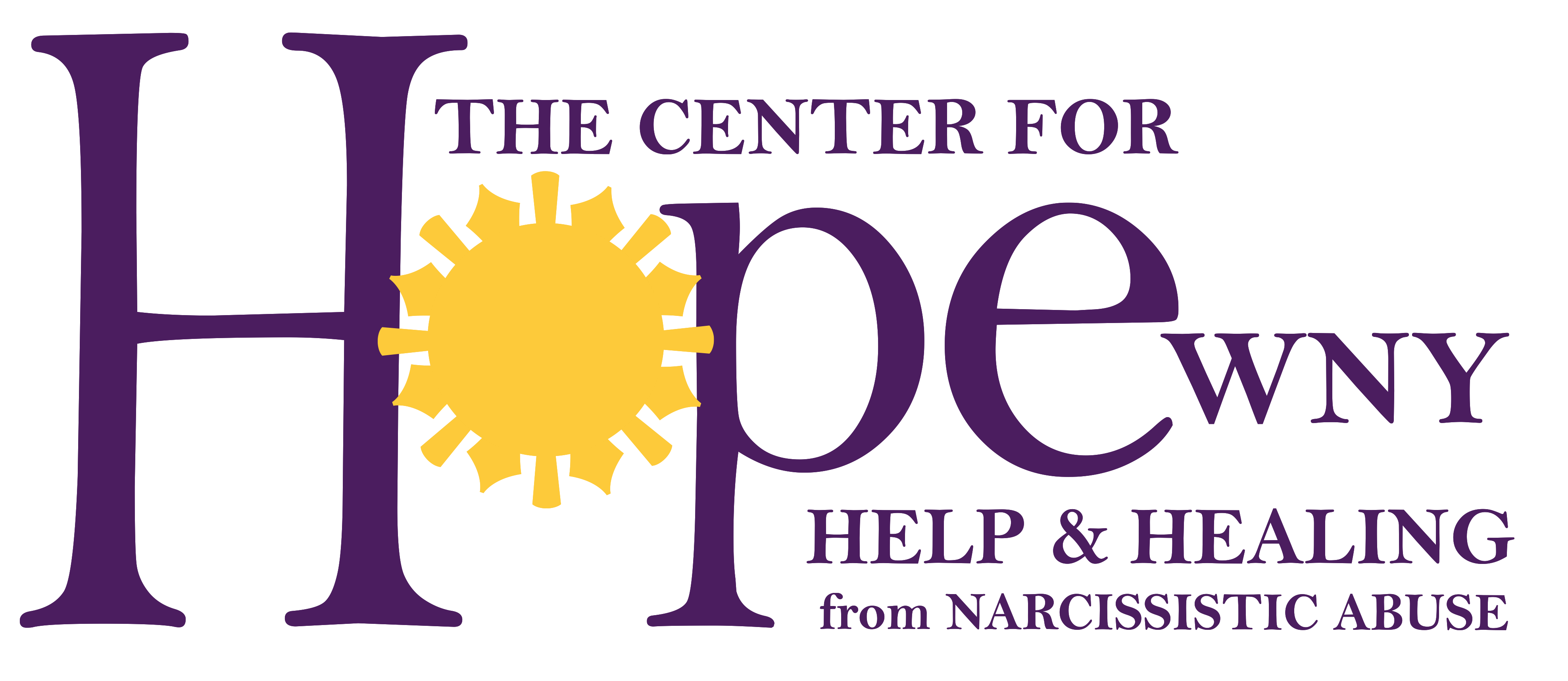- Hope, Help & Healing from Narcissistic Abuse
- 716.955.9658
- info@centerforhopewny.org

People who suffer from narcissistic personality disorder (NPD)Narcissistic Personality Disorder (NPD) The hallmarks of narcissistic personality disorder (NPD) are grandiosity, a lack of empathy for other people, and More present with very obvious red flags making them easier to identify and easier to avoid. Since surviving my own narcissistic abuseNarcissistic Abuse is a form of emotional abuse projected by a narcissist on to another individual, Although narcissistic abuse More and coaching so many other survivors, I’ve developed my own red flags of a narcissist.
Lynn’s Red Flags of a Narcissist
1. They lack empathy.
Narcissists can’t express empathy. They’re unable. This makes them emotionally handicapped. Empathy allows us to “walk a mile in another’s shoes.” It permits us to understand the emotions that others are feeling. It’s one of the biggest parts of having emotional intelligence. Narcissists have very low emotional intelligence.
2. They need to have control.
It’s all about control, situations, people, all of it. They need to be in control and if they’re not, they throw a tantrum. They don’t like to be challenged; it interrupts their control. Don’t question them. If you don’t want a reaction, stay on their script. They also like to control you by financial dominance and coercive control. They only share some important information with you. They don’t share everything. They need to keep some things from you in order to maintain that control.
3. They lie all the time.
They lie to make themselves look better. They lie to pretend they’re compassionate. They don’t even realize they’re lying and they believe their own lies. It all goes to their false reality.
4. They don’t communicate well (or sometimes at all).
Narcissists don’t express their feelings or emotions. They expect you to know what they want and are upset if you can’t read their mind.
5. They don’t like boundaries and they don’t respect them.
They have no respect for anyone except themselves so they can’t respect your boundariesBoundaries are an imaginary line that separates me from you. They separate your physical space, your More. They push you or threaten you to do things you don’t want to because that’s what they want or need. They expect you to meet their needs regardless of your feelings.
6. They are never accountable for their actions.
It’s always someone else’s fault, never theirs. They always blame someone or something else. They like to deflect, deny, lie. They’re also incapable of sincerely apologizing. Narcissists are known for their “non-apology apology.” This is where they apologize but don’t admit they were wrong or at fault. They never apologize for actually hurting you.
7. They tend to behave one way to some people and another to others.
Often known as two-faced or wearing a mask in public. Narcissists are known to behave a certain way for public interaction. They are often described as charismatic, generous, wonderful people. But in private, the mask comes off and they emotionally abuse those close to them behind closed doors.
8. They employ tactics like the silent treatmentSilent Treatment The silent treatment is a form of emotional abuse typically employed by people with narcissistic tendencies. It More, gaslightingGaslighting is a form of psychological manipulation in which a person covertly sows seeds of doubt in a More, and triangulation.
These tactics are designed to confuse, malign, and punish you. These tactics are used when the narcissist has perceived an offense or felt slighted with less attention.
9. They have an excessive need to be recognized, admired, praised, revered, all the time.
This is like oxygen for them and it’s also known as “narcissistic supplyNarcissistic Supply refers to those people who provide a constant source of attention, approval, adoration, admiration, More.” If you receive more recognition, praise, or envy then them, they will be offended and employ the above tactics. You will be punished.
10. They always stay at the shallow end of the relationship.
You’ll realize they don’t know you well because they never ask open-ended questions and don’t care enough to go deep. They only ask you “chocolate or vanilla?” They never ask you “why do you feel that way?” Only their opinions and thoughts are important.
These red flags are the signs of a toxic relationship. These red flags should become non-negotiable deal breakers in your life. Unhealthy relationships take a toll on our physical, mental, and emotional health.
Narcissists are unable to self-reflect, they never think they’re the problem. They will continue to blame-shift, manipulate, and emotionally abuse those closest to them.
This is why it’s so important to talk to someone after you’ve suffered this type of abuse. But not just anyone. You need to find someone who’s familiar with narcissistic personality disorderNarcissistic Personality Disorder (NPD) The hallmarks of narcissistic personality disorder (NPD) are grandiosity, a lack of empathy for other people, and More. You see, I didn’t get here by accident. I didn’t set out to become a narcissistic abuse recovery coach. But after I’d suffered this kind of abuse, I realized that my story and my experience could help so many people who’ve suffered similarly. When someone tells me about their struggles and their story, I’m not just understanding. I really get it. I’ve been there. I’ve felt those same emotions, that same rage, and loss.
I can help you.
Don’t suffer in silence from narcissistic abuseNarcissistic Abuse is a form of emotional abuse projected by a narcissist on to another individual, Although narcissistic abuse More, let’s talk.
Click here to book a free session with me. Don’t wait another day.



